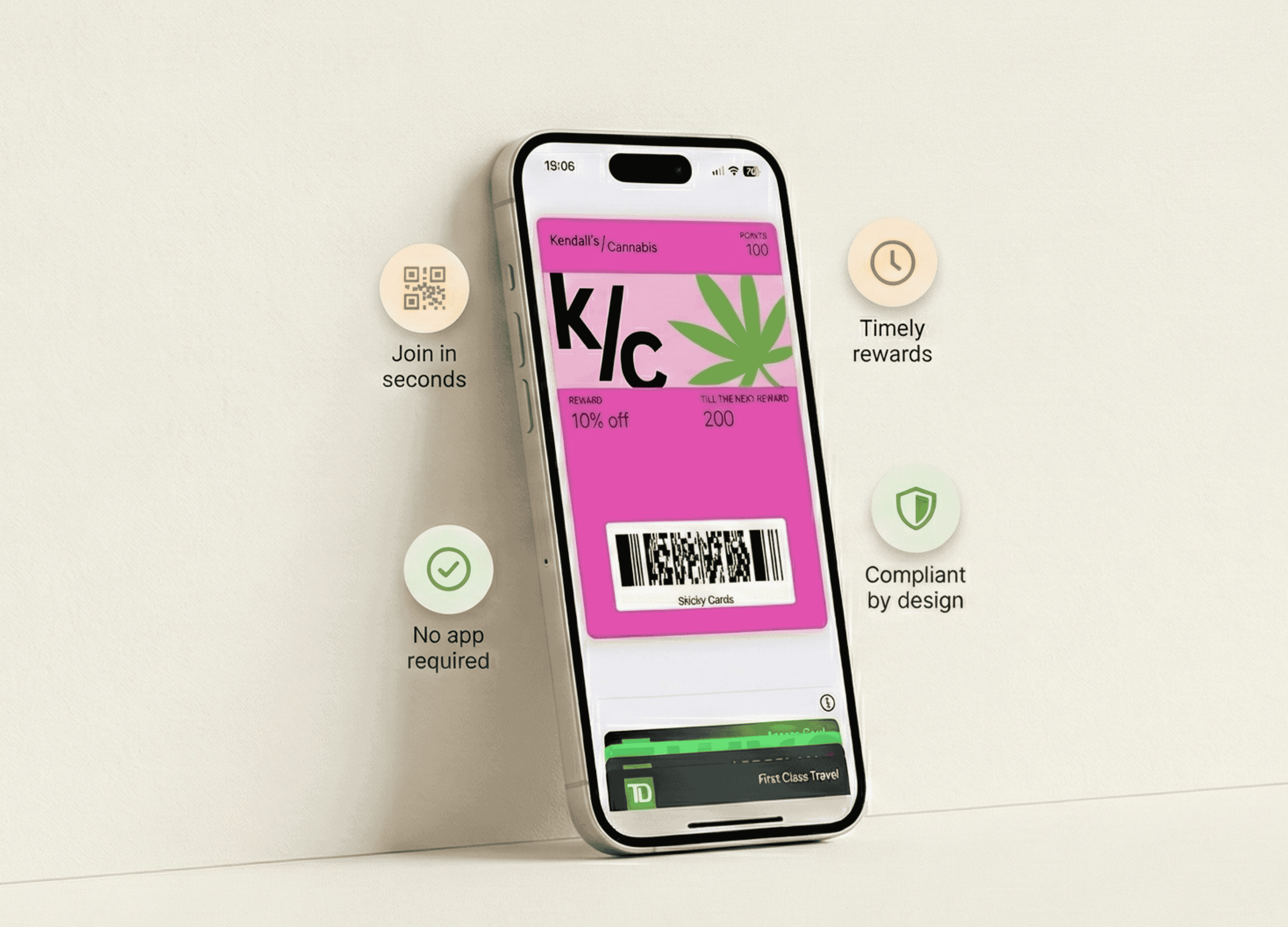What Are Geofence Warrants?
A geofence warrant is a type of search warrant that allows law enforcement to collect data on all mobile devices in a specific geographic area during a set time window. That means if someone simply passed by your dispensary, their location data could be swept up - whether they were a customer or not.
This raises major location privacy concerns, especially for cannabis retailers in regulated or newly legalized markets.
How Geofence Warrants Work
Law enforcement defines a location + time window
They request data from companies like Google, Apple, or third-party apps
Device IDs, timestamps, and movement data are shared
This can lead to investigations - even if the individuals weren’t directly involved
For cannabis dispensaries, this means any customer with location tracking enabled could unknowingly become part of a police investigation - even without probable cause.
Why This Matters for Cannabis Businesses
While cannabis may be legal in your state, it remains federally illegal. That means:
Law enforcement may still treat dispensary visits as suspicious
Customers may be deterred by privacy risks
Your business could be indirectly involved in warrant-based data sharing
More importantly, your brand trust is on the line. Cannabis shoppers expect discretion. If they fear being tracked or flagged just for visiting your store, they might not come back.
Key Privacy Concerns for Cannabis Retailers
Consent: Users may not realize apps are tracking them
Data Sharing: Third-party services (e.g., ad networks, weather apps) often sell or hand over location data
Stigma: Customers worry about being surveilled, flagged by banks, or entered into federal databases
Retention: Loyalty drops when trust drops - especially for high-spend cannabis consumers
The Impact of Location-Based Ads
Geofencing has long been a popular cannabis marketing tool: targeting users who enter a zone around your dispensary with ads or promotions. But now:
Customers are more cautious about sharing location data
Browsers and devices are limiting tracking
Geofence marketing may expose you to indirect risk if platforms share that data in legal proceedings
How to Stay Privacy-Conscious in 2025
1. Limit 3rd-Party Location Tracking
Avoid ad networks or platforms that rely heavily on geofencing unless they have strict data policies.
2. Use Wallet-Based Loyalty Instead
Wallet passes don’t track location. They engage users directly on their phones with push notifications - without exposing them to third-party surveillance.
3. Be Transparent with Customers
Let users know how their data is handled. Reassure them that:
Your loyalty program doesn’t use location tracking
No app or constant GPS data is required
Notifications are opt-in, SMS-free, and privacy-first
4. Avoid SMS-Only Solutions
SMS platforms may collect metadata that can be subpoenaed or sold. Wallet-based push has lower exposure.
Why Sticky Cards Is a Privacy-Safe Solution
Sticky Cards offers geofencing as a compliant, privacy-conscious tool. Unlike ad networks that sell or share user data, Sticky Cards enables retailers to use geofencing without storing or exposing personally identifiable information.
We help cannabis retailers:
Trigger promotions when customers are nearby
Deliver targeted offers without violating privacy
Respect opt-in permissions and avoid invasive data harvesting
Sticky Cards’ geofencing is built for trust, not tracking.
Final Thoughts
Geofence warrants are a growing privacy issue, and cannabis retailers are right to be cautious. Your customers deserve discretion - and your brand deserves protection.
By choosing non-invasive loyalty tools like Sticky Cards, you stay ahead of compliance risks and build stronger customer relationships based on trust, not tracking.




